Swiss researchers fear isolation

With researchers leaving the country, professors reluctant to work at Swiss universities, and Swiss students feeling disadvantaged, research in Switzerland is experiencing hard times. The reason? An unresolved relationship between Switzerland and the European Union. Within the world of European research, Switzerland has become a “third country” without privileges.
“We’re a small country that has always relied on recruiting foreign researchers,” says Michael Hengartner, president of the ETH Board, which oversees the country’s two federal institutes of technology and four specialised research institutes. According to Hengartner, that’s why there is an international atmosphere at all Swiss universities, which is conducive to the integration of people from abroad.
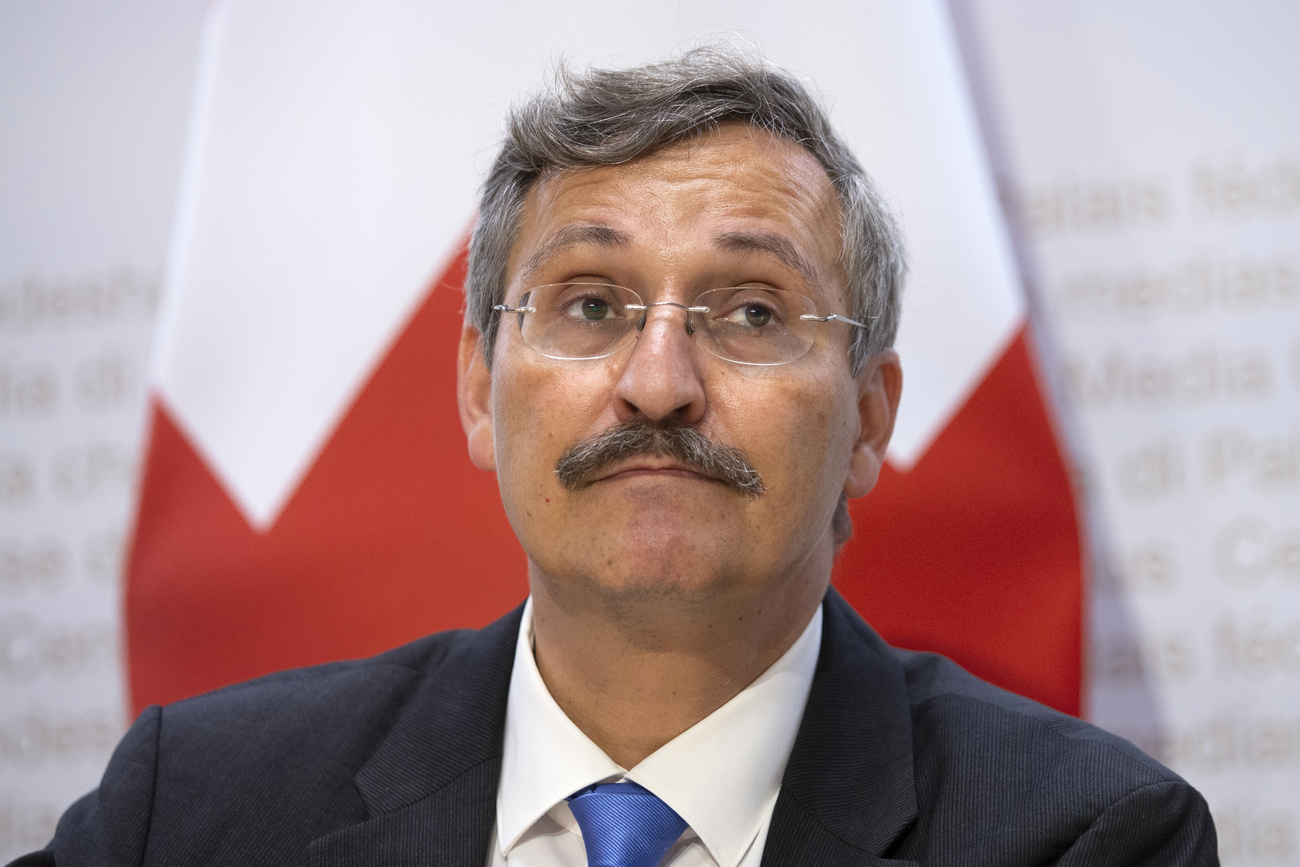
Ecosystem for top research
Knowledge and education are among Switzerland’s most important resources. This is reflected in its high-performing educational system, first-class infrastructure, and universities that regularly achieve the top spots in international rankings. Hengartner describes it as a veritable “ecosystem” that promotes cutting-edge research and has a solid, flexible – yet at the same time competitive – funding system. “Of course, we’re also able to offer excellent working conditions,” adds Martin Vetterli, president of the Swiss Federal Institute of Technology Lausanne (EPFL). He goes on to explain how the density of renowned scientists in Switzerland is far above average, which in turn attracts more young talent to the country. Or should that be “attracted”, based on the current situation?
The breakdown of negotiations with the EU over a framework agreement has had severe consequences for research. Switzerland was downgraded by the EU to a “non-associated third country” in its research framework programme, resulting in Switzerland losing its previous position and influence within Horizon Europe, the world’s largest funding programme for research and innovation with a budget of almost €100 billion (CHF99 billion) for 2021–2027. Compared to the €79 billion backing Horizon 2020, the previous programme in which Switzerland was still an associated partner, the funding has been increased significantly.
What concrete results does Switzerland see from the European research funding programmes, and what benefits does it receive from the collaborations? Yves Flückiger, University of Geneva Rector and President of swissuniversities, is ready with his answer.
- CERN: This research laboratory is the cradle of European research. Founded in 1954 near Geneva on the border between Switzerland and France, it was one of the first-ever joint European projects and today boasts 23 member states. This scientific facility was further strengthened in 1984 by the European research framework programmes. Flückiger: “These programmes played a decisive role in the development of basic research and its integration in industrial applications, in particular by promoting cooperation between laboratories and companies.” Since 2012 and the discovery of the Higgs boson, CERN has been a household name around the world.
- BioNtech: The first messenger RNA vaccine against Covid-19, which was the direct result of research funded by the European Research Council over the past 20 years, was probably the most outstanding recent result of research transfer. “This vaccine was created by BioNtech, a European biotechnology company whose founders Ugur Sahin and Özlem Türeci, both of whom come from Turkish immigrant backgrounds in Germany, were funded by the European Research Council,” comments Flückiger.
- ID Quantique: Flückiger cites ID Quantique as another example. It was founded in Geneva in 2001 by four scientists from the University of Geneva, who received key funding from the Swiss National Science Foundation (SNSF) as well as from various European programmes. ID Quantique has now developed from a small spin-off into the world’s leading provider of solutions for secure quantum cryptography. Investors include telecom giants SK Telecom (South Korea) and Deutsche Telekom. ID Quantique has its headquarters in Geneva and maintains close relationships with academic institutions by participating in several Swiss, European and Korean R&D programmes focused on bringing innovation to market.
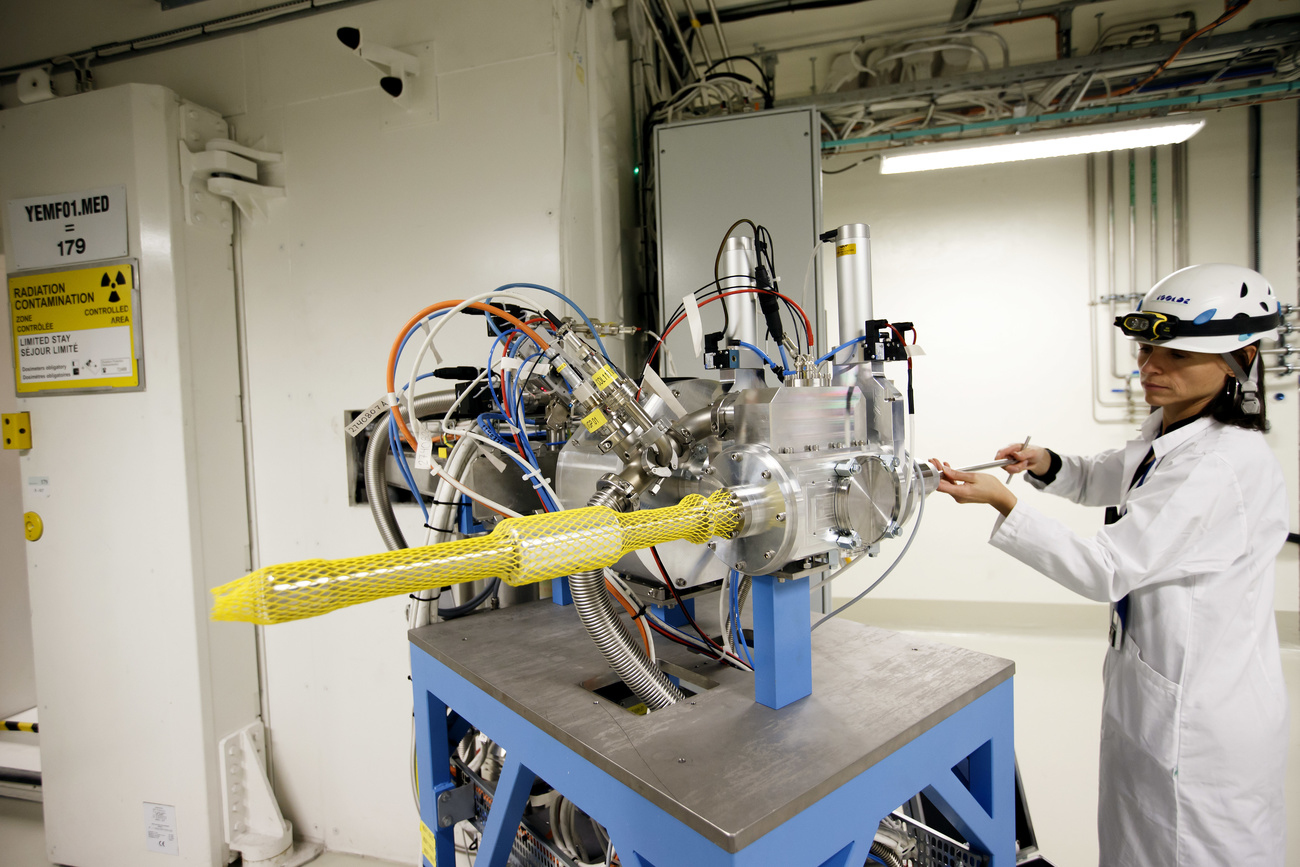
Switzerland loses its access to the ‘Champions League’
Although Switzerland may not be fully excluded from collaborating with its most important research partner, Swiss researchers are no longer able to lead large joint projects or receive grants from the European Research Council (ERC).
Hengartner refers to these ERC grants as the “Champions League of research”, while EPFL President Vetterli can speak from his own experience: “I would not have been able to advance my research in digital signal processing as far as I did without an ERC grant of almost €2 million euros over five years.”
Yves Flückiger, president of swissuniversities (the sector’s umbrella body), also points out that Swiss researchers are completely excluded from several key areas of research, including the flagship programme for quantum research, which is of strategic importance for driving forward digitalisation; the construction of the international nuclear fusion reactor ITER, where Switzerland has been involved in project management since 2007; and the Digital Europe programme, which focuses on high-performance computing, artificial intelligence and cyber security.
The brain drain has begun
According to Vetterli, Switzerland used to be among the most active of the associated countries involved in EU research, especially in the fields of health, environmental studies, climate, and quantum technology. Now, however, it has been sidelined for over a year, despite the financial efforts of the federal government, which has stepped in with interim funding of CHF1.2 billion.
Vetterli reports on start-ups that originated on the EPFL campus and are now opening offices in Europe to ensure they continue to attract talent and can benefit from European funding, while Flückiger has heard of the first group of researchers who have already left Switzerland for France, Austria and Belgium along with their ERC grants.
And Hengartner notes that candidates for professorships at the two Swiss federal institutes of technology are now all enquiring about Switzerland’s prospects for reassociation in the near future.
Switzerland’s prosperity at stake
Working in isolation is unthinkable in the field of research, not to mention the sphere of innovation. As a reaction to Switzerland’s non-association, the renowned Geneva-based company ID Quantique (more information in the box below) has opened a branch office in Vienna to maintain access to Horizon Europe.
Flückiger says the 100 jobs which would otherwise have been created in Switzerland are now in Vienna. In Switzerland’s case, Horizon Europe not only affects its research and the researchers who are worried about their top positions. It also influences students and professors who are suddenly hesitant about coming to Switzerland.
And Horizon Europe is also vital for the transfer of technology, which leads to the founding of start-ups and SMEs as well as job creation in companies and the field of research. Essentially, the university representatives all agree that Horizon Europe plays a key role in Switzerland’s prosperity and position as an economic hub.
Flückiger believes that the Federal Council (Swiss executive body) should not start focusing on securing new research partnerships outside the EU, since research competition takes places primarily between the EU, the US and China, which is why Switzerland’s non-association remains the true problem.
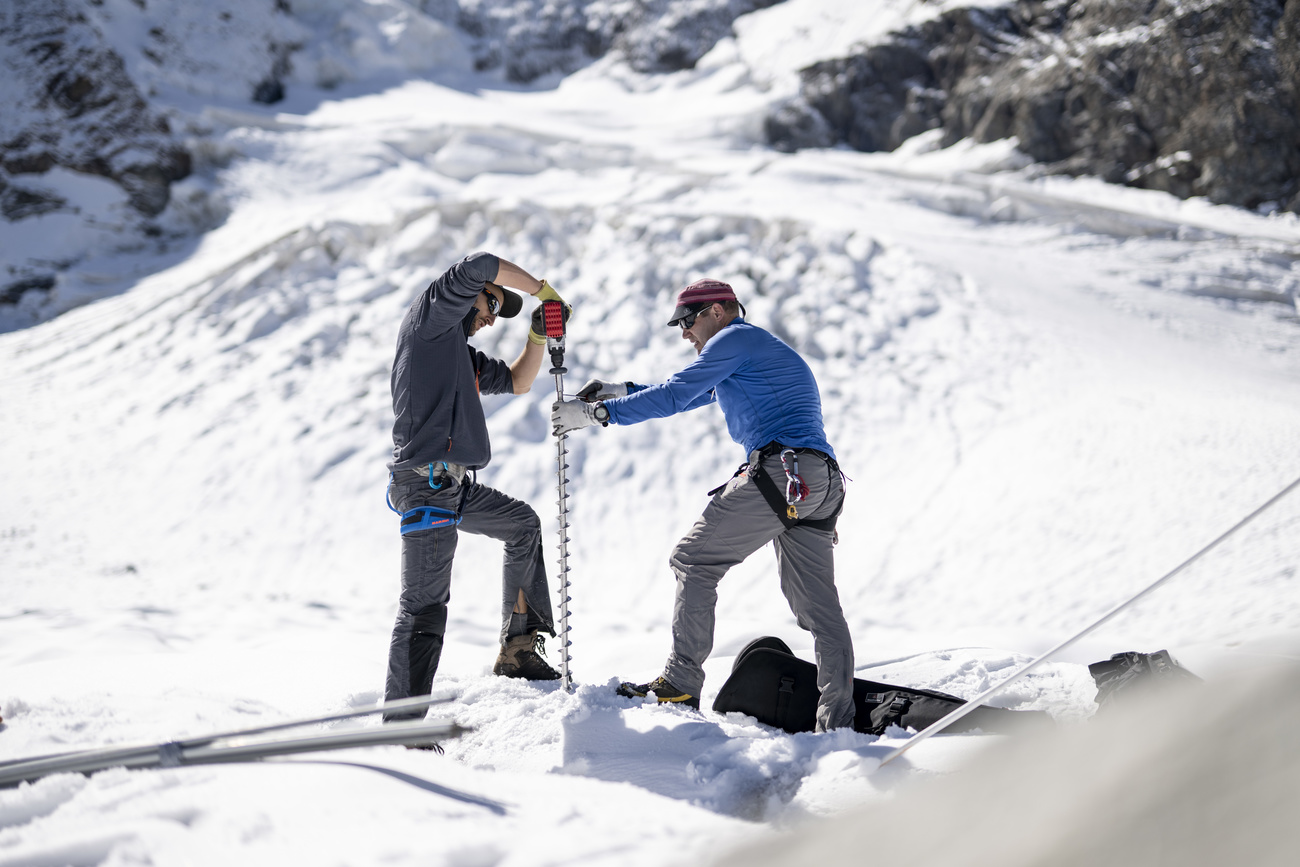
When questioned, the EU delegation’s response is that Swiss researchers have always been welcome and valued partners in EU research programmes – and they still are.
It stated: “Swiss researchers are allowed to participate in Horizon Europe projects under the conditions that apply to non-associated third countries. To obtain full association, which includes eligibility for EU funding, the EU regulation requires third countries to enter into an umbrella agreement governing the conditions and terms of association. Further developments on this issue must be considered in the context of the overall relationship between the EU and Switzerland.”
The EU is therefore putting pressure on Switzerland to comprehensively define its relationship with its European neighbours. Until then, the EU sees no reason to give Swiss research any preferential treatment.
So far, neither the efforts of Swiss diplomacy nor an appeal by researchers have altered the situation. ETH Board President Michael Hengartner states that this situation is not only detrimental to Swiss researchers, but also to European research itself: “This is unequivocally a lose-lose situation.”
Association with the EU’s research framework programmes puts researchers from other countries on an equal footing with EU member states. It is granted to: 1. Members of the European Free Trade Association (EFTA) who are also members of the European Economic Area (EEA); 2. Countries that are in the process of joining the EU or are candidates or potential candidates for EU membership; 3. Countries of the European Neighbourhood Policy (ENP); 4. Other third countries and territories that meet a number of criteria relating to their economic, political, and research and innovation systems.
Switzerland-EU relationship crisis drags on
Roughly a year after negotiations for a framework agreement broke down, Switzerland is making a new attempt to regulate its future relations with the EU. However, the road to finding a viable solution between Bern and Brussels is still long – and marked by mistrust on both sides. Furthermore, there is no broad-based consensus within sight on the home front.
This article was first publishedExternal link in the Swiss Review.
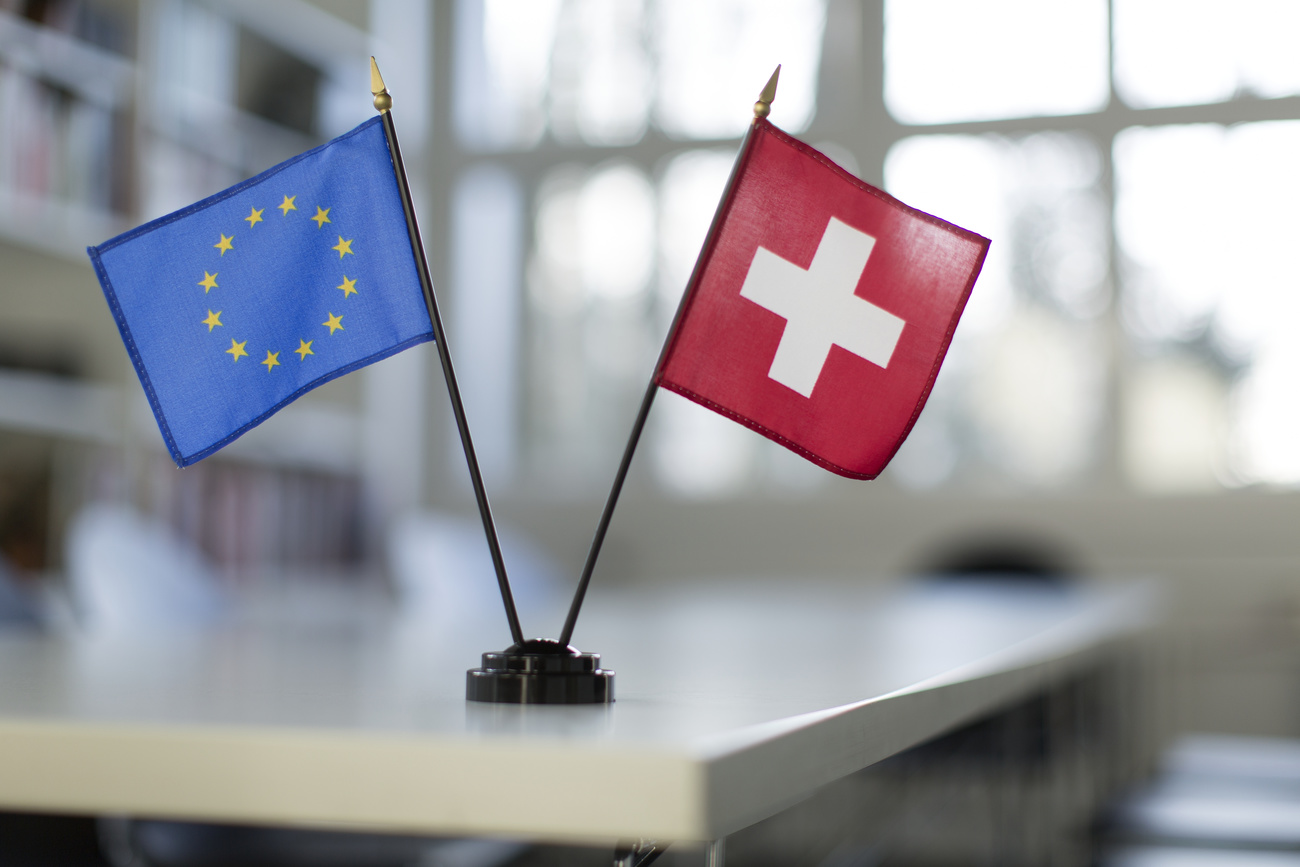
More
Switzerland ready to ‘perpetuate’ cohesion contribution to EU

In compliance with the JTI standards
More: SWI swissinfo.ch certified by the Journalism Trust Initiative




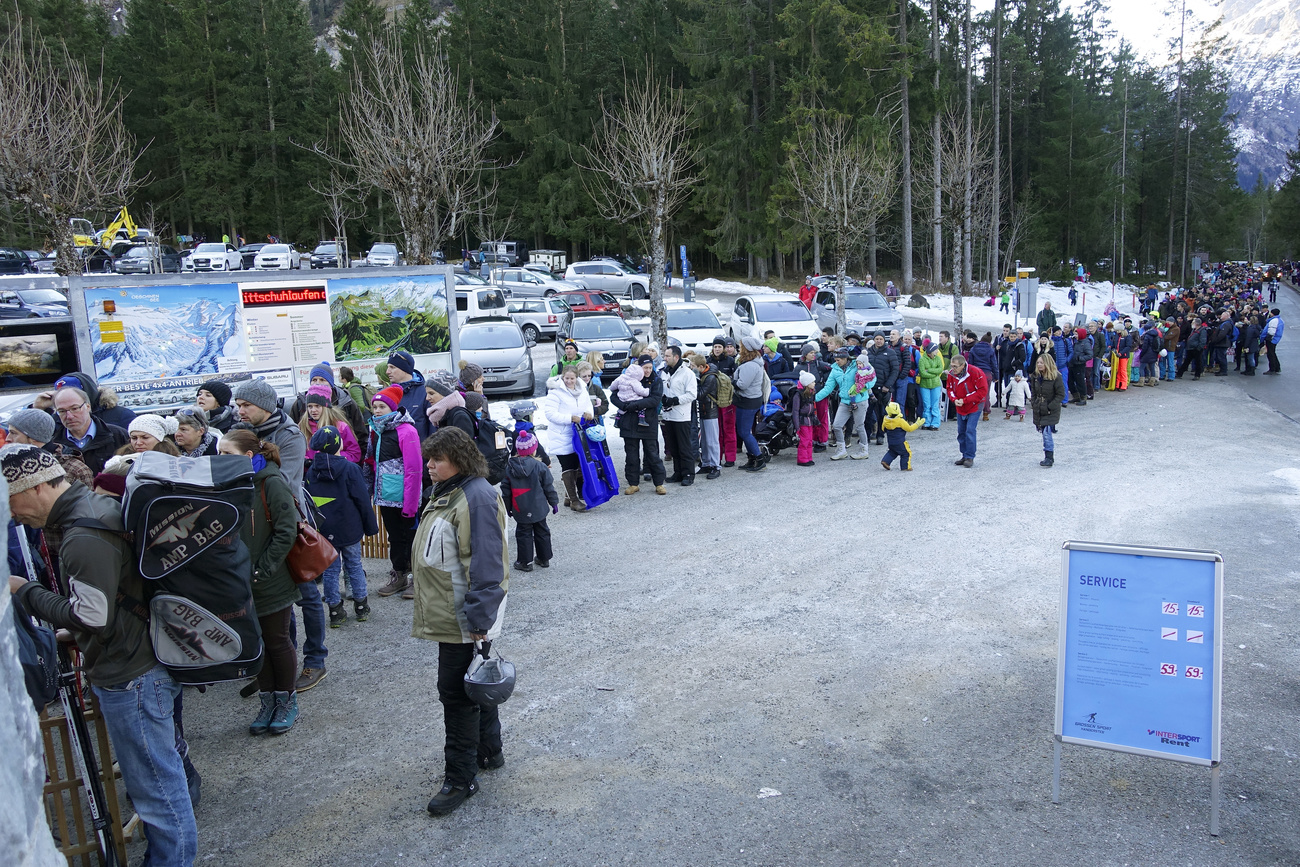



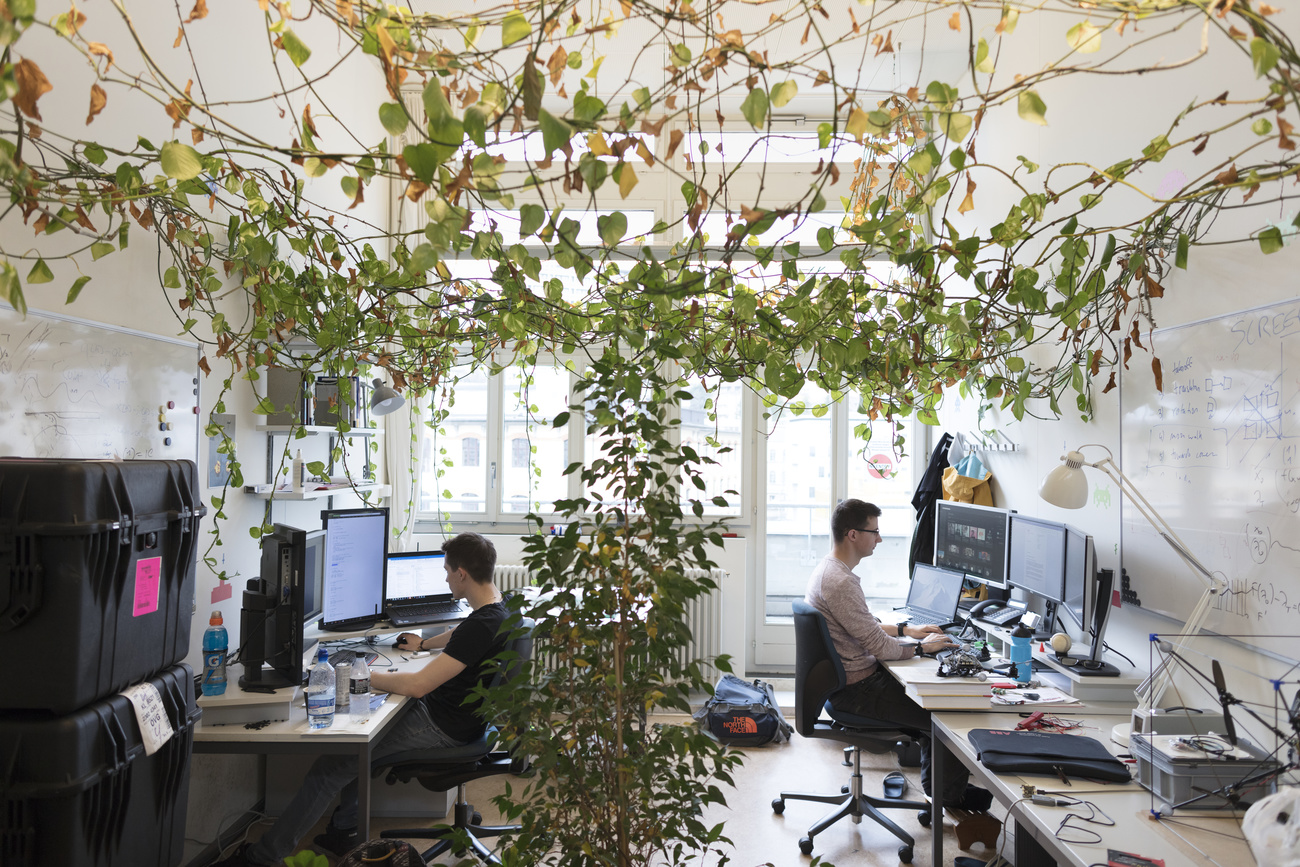
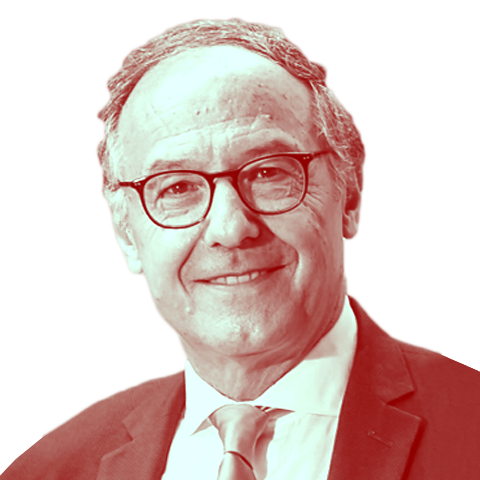




You can find an overview of ongoing debates with our journalists here . Please join us!
If you want to start a conversation about a topic raised in this article or want to report factual errors, email us at english@swissinfo.ch.